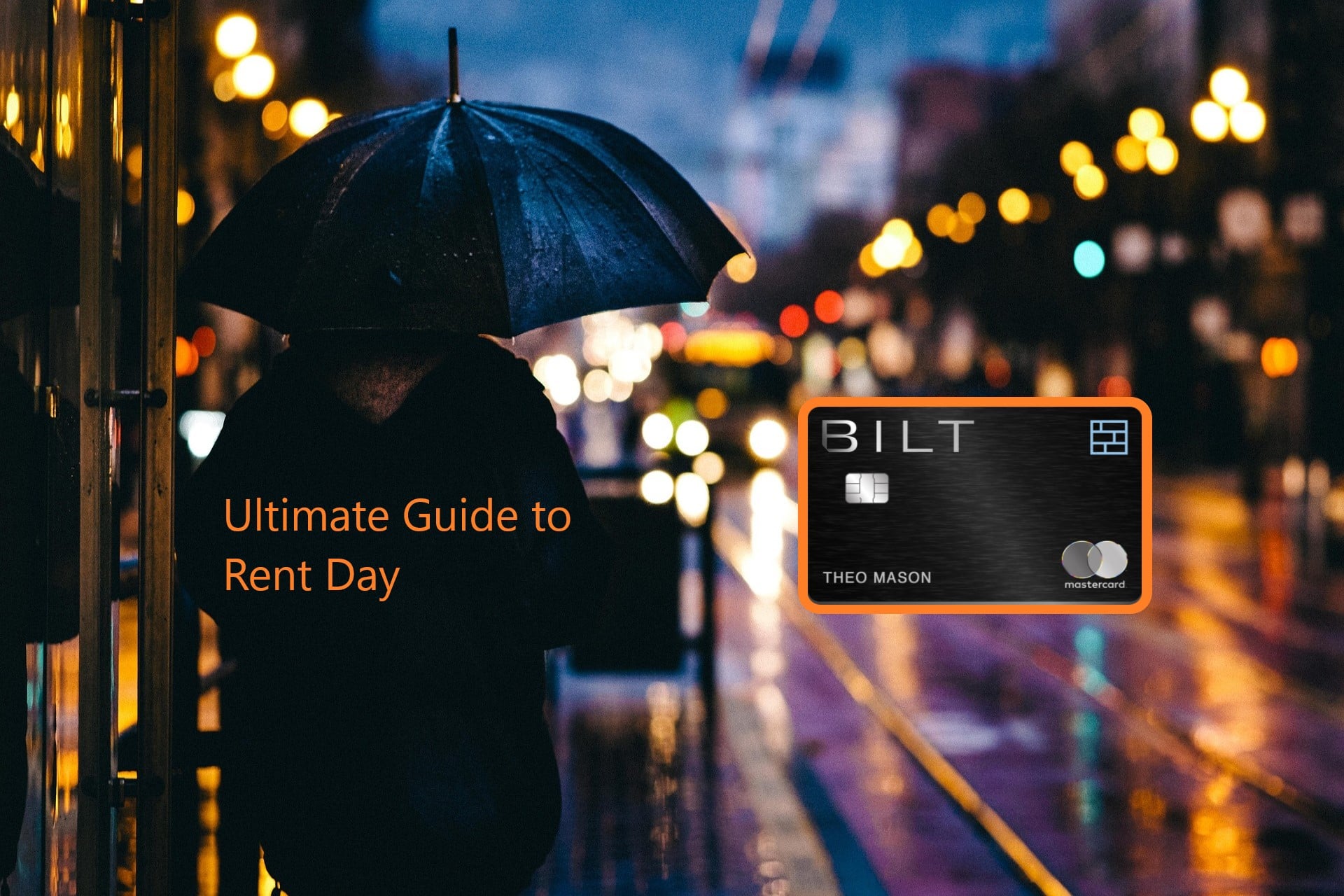Last updated on April 2nd, 2024
Steps for Applying for a Business Credit Card
Having a dedicated credit card for your small business can make it easy to separate business and personal expenses, identify tax deductions, and establish a strong credit history for your company. But accessing business credit isn’t as straightforward as you think. There are several confusing terms and unfamiliar processes that can keep companies from accessing credit.
Business or Personal Credit: Which Is Right for You?
Many small businesses rely on personal credit scores for credit cards, with the personal liabilities that come from this process. Business credit is a different type of credit based on a company’s revenue, capital, and other information to gain access to credit – with no liability to the owner’s credit score or health.
Here’s how personal credit differs from business credit:
| Business credit | Personal credit |
| Experian, Equifax, and Dun & Bradstreet | Experian, Equifax, and TransUnion |
| Employer Identification Number (EIN) and/or Tax ID number required | Social Security Number (SSN) required* |
| Based on business revenue and cash flow | Based on monthly salary vs. bills |
| Different models and ranges | Credit score ranges from 300 to 850 |
You don’t need business credit to get a business card. If your company does not have an EIN, for example, you can use your personal credit score (your SSN) in place of the EIN. Because your credit score is attached to your company’s finances, if the market collapses or a vendor refuses payment, you can lose much more than your company.
Put simply, a business credit profile is tied to the business. Suppose the business closes and there are existing debts. In that case, the business owner is less liable for those debts than if they used their personal credit score as a guarantor for their business credit. This also means your business will be more valuable if your business credit score is high.
The Business Credit Card Application Process
Applying for a business credit card might seem like a straightforward process, and in many ways, it is – if you know what you’re doing. Business credit card application requirements differ from personal applications in several ways, including credit agencies, required information, and more.
Here is how to apply for a business credit card – and what information you will need to apply for a business card:
| Info | Explained |
|---|---|
| ① The legal name and contact address of your business | Even if you don’t provide your personal information, you will need to provide all relevant contact information for your business, including the company’s legal name, any names your company is doing business under, and the mailing and phone contact information. |
| ② Basic information about your business | Most banks and lenders want to know some basic facts about your company. These facts include your industry type, the structure of your company and number of employees, and your annual revenue. |
| ③ Tax ID number |
Most business card applications require a tax ID number, which is the number the IRS uses to designate your company when you file your taxes. Many sole proprietorships have no employees – and never plan to hire additional help. Still, business credit card applications often ask for an Employer Identification Number (EIN). An EIN is basically an SSN for a business – it is the same as a tax ID. If you are a freelancer, tutor, run an online shop, or run some other solo venture, chances are you won’t need your EIN or tax ID. The IRS stipulates that an EIN is only necessary for those companies that:
|
| ④ Estimated monthly spend on the card | Lenders want to ensure that your business’ finances aren’t stretched too thin, so expect to answer basic questions about how much you – and your employees – typically place on credit cards each month. |
| ⑤ Personal credit history | If you need to provide a personal guarantee, expect to provide all relevant credit information for the primary account holder. This information includes full legal name, home contact information (phone number, mailing address, e-mail), and your Social Security Number. |
Can You Apply for Business Credit with an EIN Number?
An Employer Identification Number (EIN) is a unique nine-digit identifier that the Internal Revenue Service (IRS) assigns to document business entities for tax purposes. It is a business equivalent of a Social Security Number and is essential for businesses, partnerships, corporations, estates, trusts, and other entities. An EIN also protects your personal assets from the liabilities of your business.
Any business entity that operates as a sole proprietorship, corporation, partnership, or limited liability company (LLC) generally requires an EIN. However, there are some exceptions. Consult the IRS guidelines or a tax professional to determine if your business needs an EIN.
Why EINs are Helpful
Why do you need an EIN for a business credit card? Financial institutions typically require a business to have an EIN when applying for a business credit card as it allows them to verify your business’s identity and separate your personal and business finances. Your company also needs an EIN if you have employees, file and withhold certain taxes on your business return, and operate as either a corporation or partnership.
How to Obtain an EIN
Companies can obtain an EIN by contacting the IRS and applying in one of four ways:
- Online on the IRS’ dedicated website,
- Via fax by sending a completed Form SS-4:
- Fax 1-855-641-6935 if your company is located in any of the 50 U.S. states or District of Columbia, or
- Fax 1-855-215-1627 (within the U.S.) or 1-304-707-9471 (outside the U.S.) if you have no legal residence, principal place of business, or principal office or agency in any state, or
- Via mail by sending a completed Form SS-4, or
- By calling 1-267-941-1099 (non-toll-free) and providing information from the SS-4
| The IRS provides the following information regarding the application process for an Employer Identification Number (EIN): | |||
|---|---|---|---|
| Determining Your Eligibility | You may apply for an EIN online if your principal business is located in the United States or U.S. Territories. | ||
| The person applying online must have a valid Taxpayer Identification Number (SSN, ITIN, EIN). | |||
| Fill Out the Application | You must complete this application in one session, as you will not be able to save and return at a later time. | ||
| Your session will expire after 15 minutes of inactivity, and you will need to start over. | |||
| Submit Application | After all validations are done you will get your EIN immediately upon completion. You can then download, save, and print your EIN confirmation notice. | ||
Can You Get a Business Credit Card with Just an EIN?
So, can you get a business credit card with only an EIN? Yes, but your options may be limited. Realistically, only having an EIN limits companies to two distinct types of credit card products: corporate cards and secured credit cards.
Secured and business cards for poor credit are rare, but a few examples are available for application. Remember, however, that applying for a secured credit card for your company requires either a Social Security Number or Individual Taxpayer Identification number.
The other type of credit available to companies with only an EIN is a corporate card. These are cards where the business entity, rather than the business owner, is legally responsible for any charges made with the card. As the name implies, corporate cards are typically available to large corporations with an established credit history and millions of dollars in revenue.
Tips for Building Business Credit
Given the benefits of using your company’s credit versus your personal credit score, how can you quickly build business credit?
Get a Business Credit Card
The easiest way to build business credit is by opening a business credit card account. Sure, it might seem like a catch-22 since you can’t apply for a business card if you don’t have a business credit score. Well, that’s not entirely true.
Business cards like the Revenued Business Card Visa® and Ramp Card use alternative scoring models to look beyond personal guarantees and provide credit to your company when needed. With responsible use of these cards, you can build up your business credit and set your company up for success.
Establish Trade Credit
Trade credit is another way to establish business credit. The term “trade credit” refers to any arrangement your company may make with a supplier where they provide goods or services without needing immediate payment. Establishing trade lines is another way to get on-time payments recorded and counted towards your business’ credit.
Always Pay Your Bills On-Time
The most critical step in building credit is to keep a close eye on your company’s progress. Paying your bills on time is crucial for building good credit. Pay all your bills, including loans, credit cards, and other debts, on time to avoid late fees and negative impact on your credit score.
Editorial Disclosure – The opinions expressed on BestCards.com's reviews, articles, and all other content on or relating to the website are solely those of the content’s author(s). These opinions do not reflect those of any card issuer or financial institution, and editorial content on our site has not been reviewed or approved by these entities unless noted otherwise. Further, BestCards.com lists credit card offers that are frequently updated with information believed to be accurate to the best of our team's knowledge. However, please review the information provided directly by the credit card issuer or related financial institution for full details.



